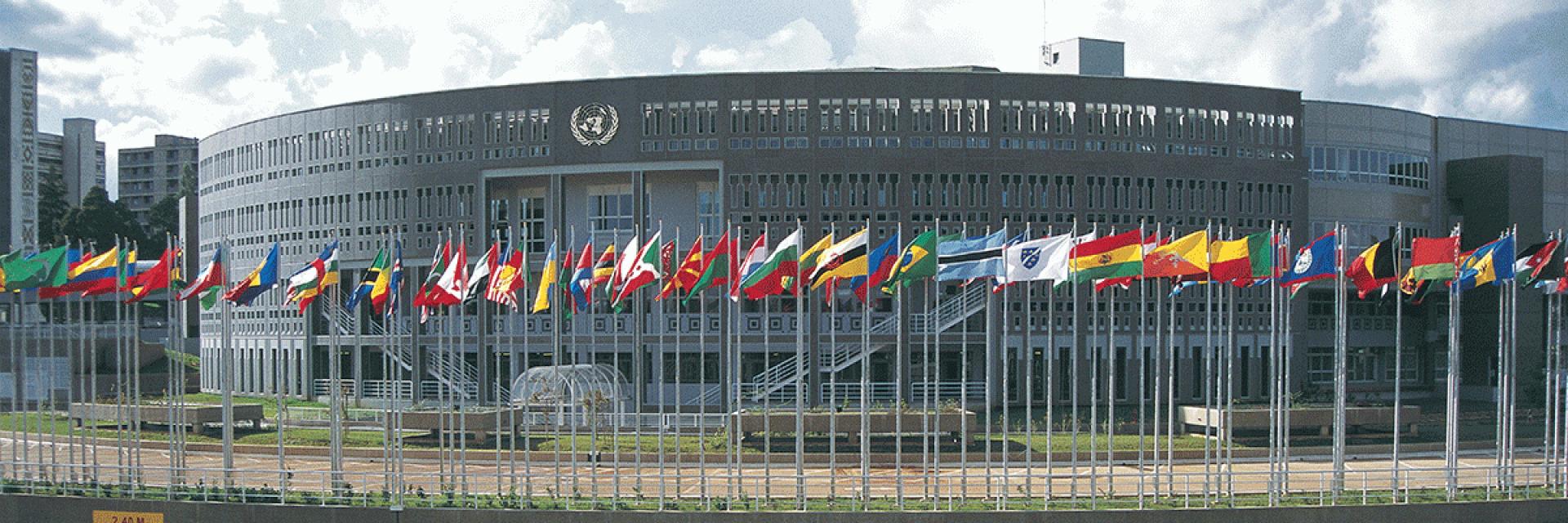Introduction
African countries continue to be proud members of the global community, having been active in global climate change negotiations, and have all signed the Paris Agreement. The argument for a coordinated continental response to climate change has been well articulated and refined over the years. Much effort goes into developing and approving the unified African Position as the tangled tapestry of negotiations continue to prove challenging each year. The African Common Position, which evolves in response to the progress of the negotiations and the changing circumstances on the continent, is arrived at through sustained consultations at the national, regional and the African Group of Negotiators (AGN) levels. Adopting an African Common Position enables the few delegates from the continent to pool and ensure adequate representation and backing for key African interests in the negotiations, especially on climate justice, access to finance and technology for adaptation. A common position lends itself to harmonised approaches in implementing climate actions bringing about synergies, effectiveness and economies of scale.
Yet, Africa continues to lag behind other regions of the world primarily due to insufficient capacities and resources to develop and implement climate change actions at the national, regional and continental levels lack of coherence in national and regional strategies; inadequate partnerships, and weak African participation in international fora including negotiations, among others. Due to the unique history and circumstances of Africa, there are challenges of implementing and maintaining a sustainable common position. There is need for sustained awareness and consciousness building, capacity building, doing, learning and moving together. A well-orchestrated and coordinated common African agenda on climate change with common targets, indicators and milestones is pivotal for a stronger African climate change response and voice. In order to increase the prospects of better outcomes for the continent, it is crucial for African interests to be maintained across all tracks of the negotiations. Crucially, as the continent prepares for COP 27 in Sharm El Sheikh later this year, it is imperative that preparatory efforts of the continent’s lead negotiators, the African Group of Negotiators (AGN), be strengthened.
Against this backdrop and to respond to the AGN’s requests, the African Climate Policy Centre (ACPC), with the financial support of Sweden through its Climate Resilient Development Programme in Africa, is hosting a preparatory meeting for AGN Lead Coordinators & National Focal Points on the 02 to 03 August 2022 in Addis Ababa, Ethiopia.
Objectives
The objectives of the meeting shall be the following:
- Provide a platform for the AGN lead negotiators and national focal points to deliberate on the key outstanding climate change negotiations issues and discuss the latest information on the road to COP 27;
- Strategize lines of action in their preparations for global negotiations to ensure the prioritization of interventions that address Africa’s needs and special circumstances;
- Offer an opportunity for cross-fertilization between lead coordinators and national focal points to understand how synergies can be exploited and to appreciate areas of convergence on key technical matters in the negotiation process;
- Explore how to ensure that the parties to the Paris Agreement continue to increase the ambition of their climate actions towards the desired 1.5oC degrees goal, and within the recommended time frame, in particular ramping up the offer on the quantity and the quality of NDC financing for adaptation and mitigation.
The workshop will also provide an opportunity to chart the way forward on new and emerging climate change concerns for the continent.

